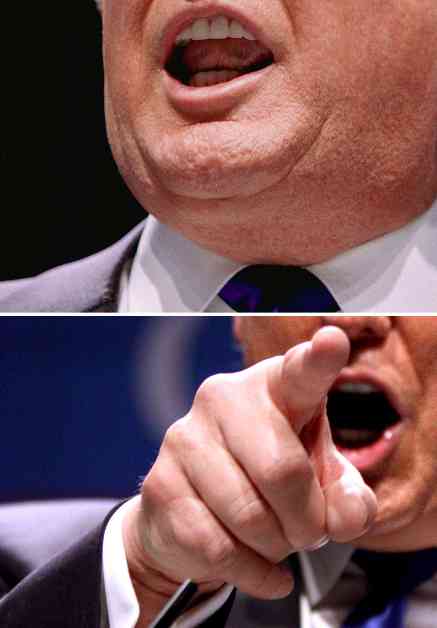Earlier this month, the University of Chicago revealed a new study that utilized AI technology to examine presidential speeches. The study focused on Donald Trump’s speeches in comparison to those of other presidents and presidential candidates. The researchers discovered that Trump’s style is characterized by short sentences, repetition, divisive and antagonistic language, and a tendency to target political opponents, setting him apart from his predecessors.
As we delve into the psychology behind leadership, Stephen Reicher, a psychology professor at the University of St. Andrews, Scotland, sheds light on the concept of identity leadership. According to Reicher and his coauthors, effective leaders establish a shared group identity with their followers and present themselves as the sole solution to the group’s problems. They often define an outside enemy to blame for these issues, enhancing their leadership. In Trump’s case, he positions himself as the savior of the American people, attributing problems to “the establishment” which includes Democratic politicians, immigrants, elites, and the media.
Reicher touches on the idea that leaders represent specific social groups, garnering adulation from insiders while appearing perplexing to outsiders. Trump’s ability to define himself in contrast to the political establishment and break traditional political rules reinforces his identity as a leader. This transgressive approach allows him to thrive by violating norms rather than conforming to them.
The question arises whether Trump’s actions are intentional or if he is merely a pawn in a larger political theater. Reicher implies that individuals surrounding Trump understand the power of transgressive politics, drawing parallels to historical figures like Goebbels and his propaganda efforts for Hitler. The creation of an enemy out-group to champion the in-group is a central technique in Trump’s repertoire, positioning him as the defender of the people against political rivals.
At a recent rally in Madison Square Garden, Trump rallied his supporters with promises to save the country and make America powerful, safe, and great again. His rhetoric resonates with his base, emphasizing themes of patriotism and unity while vilifying perceived enemies. The fervor surrounding Trump’s speeches highlights the impact of his leadership style on his supporters and the broader political landscape.
In conclusion, Trump’s unique approach to leadership and communication has reshaped the political landscape, emphasizing identity, transgressive politics, and the creation of enemies to unite supporters. Whether intentional or not, Trump’s actions have resonated with his base and generated fervent support, solidifying his position as a polarizing figure in American politics.


